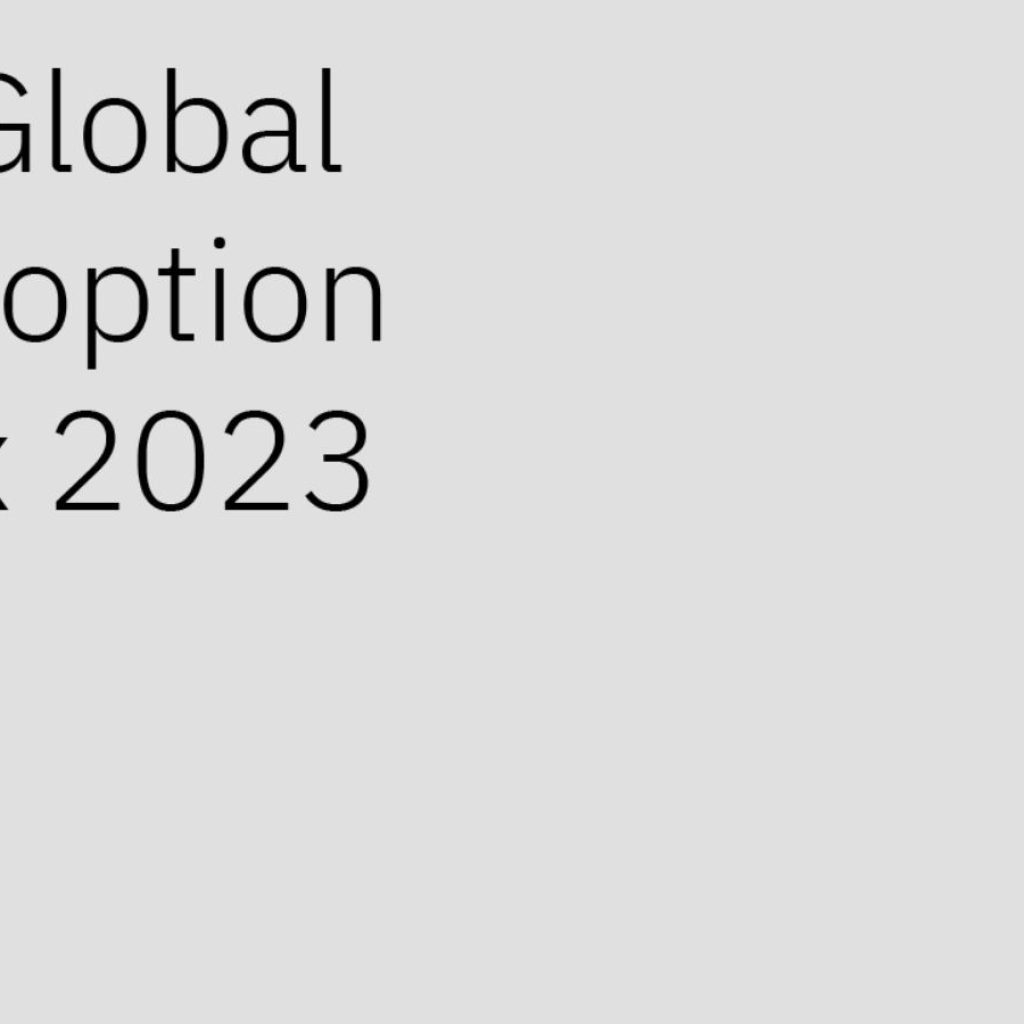In a significant move addressing contemporary technological challenges, Taiwan’s President Tsai Ing-wen has conveyed her solidarity with Pope Francis regarding his AI concerns over the ethical implications of artificial intelligence (AI). President Tsai’s letter to the Pope underscores Taiwan’s commitment to navigate the evolving AI landscape with ethical considerations, as she pledges to bolster collaboration with the Vatican. This development reflects the growing global discourse surrounding the ethical implications of AI deployment.
President Tsai’s support for Pope Francis’ AI concerns
President Tsai Ing-wen’s gesture of solidarity with Pope Francis underscores Taiwan’s proactive stance on the ethical implications of artificial intelligence (AI) deployment. Amidst the backdrop of geopolitical complexities and Taiwan’s limited diplomatic recognition, President Tsai’s alignment with the Vatican’s concerns over AI reflects the island nation’s commitment to upholding universal human rights values. The letter exchange between President Tsai and Pope Francis signifies a convergence of interests in safeguarding human dignity amidst rapid technological advancements.
With the proliferation of AI applications across diverse sectors, the shared apprehension regarding the potential erosion of human values resonates deeply with democratic societies like Taiwan. By acknowledging Pope Francis’ advocacy for ethical AI governance, President Tsai emphasizes the imperative for global collaboration in navigating the evolving AI landscape while preserving the sanctity of human rights.
President Tsai’s expression of support for Pope Francis’ AI concerns serves as a catalyst for broader discussions on the ethical dimensions of technological innovation. The intersection of AI development and human rights considerations presents multifaceted challenges for policymakers worldwide. In endorsing Pope Francis’ assertion that algorithms must not supersede human values, President Tsai articulates Taiwan’s principled stance on AI governance.
As Taiwan endeavors to fortify its partnerships amidst geopolitical uncertainties, President Tsai’s outreach to the Vatican underscores the strategic significance of aligning with like-minded allies on ethical issues. By elevating the discourse on AI ethics to the international stage, President Tsai reiterates Taiwan’s commitment to fostering a global consensus on responsible AI deployment. In embracing Pope Francis’ call to prioritize human dignity over technological determinism, Taiwan asserts its agency in shaping the ethical trajectory of AI on the world stage.
Taiwan’s commitment to ethical AI development and collaboration
President Tsai’s vision for ethical AI development resonates with Taiwan’s aspirations to harness technological advancements for societal benefit. The fusion of a “human heart and a technological brain” epitomizes Taiwan’s approach to AI governance, emphasizing the integration of ethical considerations into technological innovation. As a global leader in semiconductor manufacturing, Taiwan is poised to spearhead initiatives aimed at advancing ethical AI frameworks.
President Tsai’s pledge to deepen cooperation with the Vatican reflects Taiwan’s proactive engagement in fostering international partnerships to address the ethical challenges posed by AI. By leveraging its expertise in semiconductor technology, Taiwan seeks to contribute meaningfully to the global dialogue on AI ethics, positioning itself as a responsible stakeholder in shaping the future of AI governance.
Taiwan’s commitment to ethical AI development extends beyond rhetoric, as evidenced by its proactive measures to promote transparency and accountability in AI deployment. By championing collaborative initiatives with like-minded nations, Taiwan underscores the importance of collective action in mitigating the potential risks associated with AI proliferation. The convergence of Taiwan’s technological prowess with its principled stance on human rights underscores the island nation’s capacity to serve as a beacon of ethical leadership in the AI landscape.
As Taiwan navigates the complexities of AI governance, its collaboration with the Vatican underscores the universal significance of upholding human dignity in the face of technological advancement. By fostering an ecosystem conducive to ethical AI innovation, Taiwan endeavors to shape a future where technological progress aligns harmoniously with human values.
As Taiwan and the Vatican embark on a collaborative journey to address the ethical challenges posed by AI, the global community is compelled to reflect on the implications of technological advancements on human society. How will the convergence of AI and ethical considerations redefine international partnerships and reshape the geopolitical landscape in the coming years? As nations navigate the intricate terrain of AI governance, the significance of concerted efforts towards ethical AI deployment becomes increasingly apparent.





